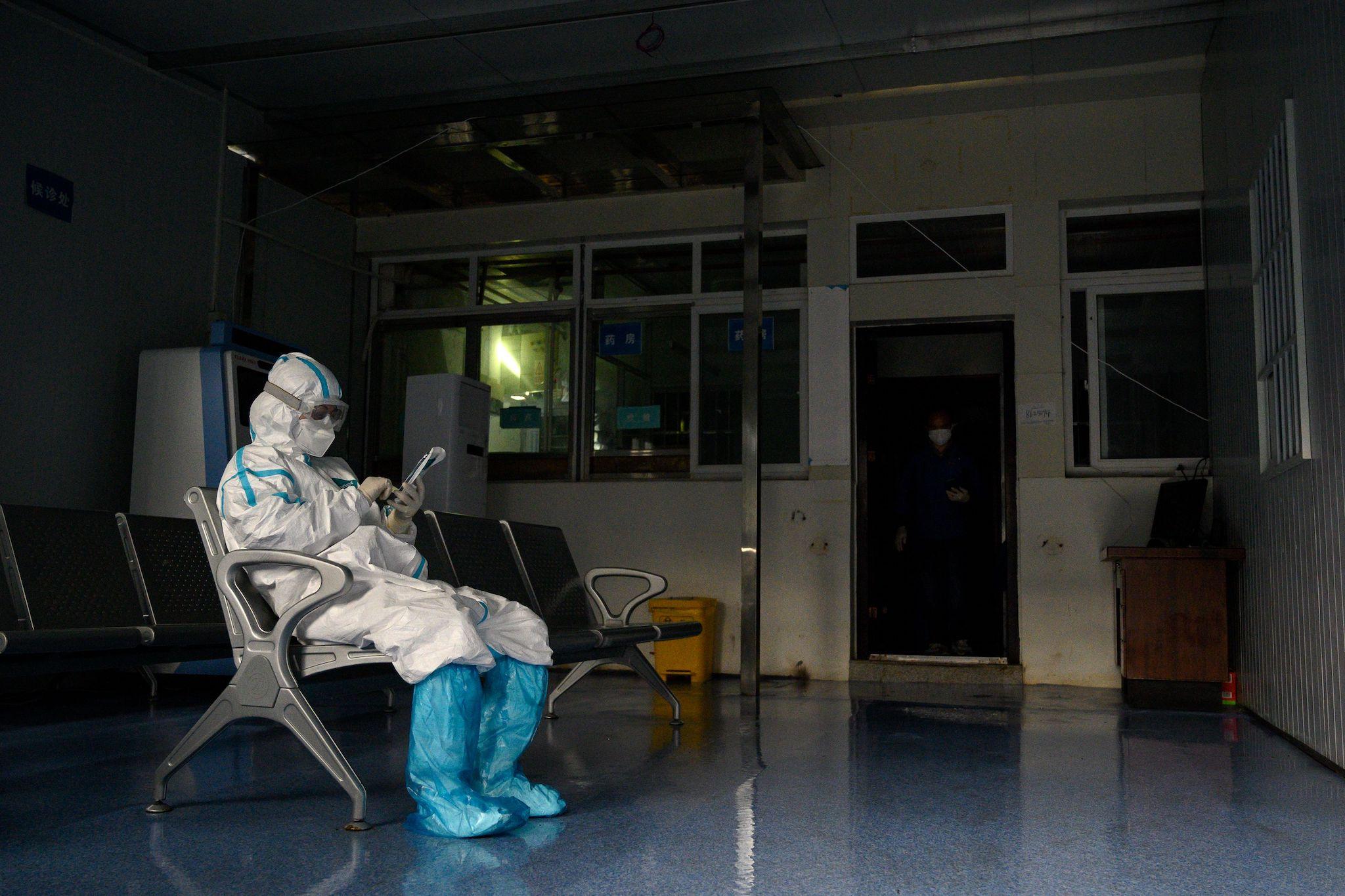Hundreds of thousands sign up their computers to fight against coronavirus, creating vast collaborative research project
Project is working ten times faster than the world's most powerful supercomputer

Hundreds of thousands of people have signed up their computer to help try and fight against the coronavirus outbreak.
The project is now about 10 times as powerful as the world's fastest supercomputer, according to the scientists behind it.
Folding@Home – a distributed computing project that pulls together computers around the world to try and fight diseases – says that more than half a million devices across the world are now working to try and find potential cures for Covid-19, as it spreads across the world.
Distributed computing projects look to borrow the spare power of the computers that are sitting idle across the world. When someone finishes work and leaves their desk, for instance, their computer can then be given over to science projects around the world, allowing researchers to carry out calculations on hardware that would otherwise be switched off.
Before the outbreak of coronavirus, Folding@Home was a relatively small example of one of those projects, with about 30,000 people signing up their computers to help fight diseases such as cancer or Alzheimer's.
At the time of publication, more than a million CPUs and GPUs have been active in the project, according to statistics on its website.
Together, those processors allowed the computer to break through the exaFLOP, according to the director of the project, Greg Bowman from the Washington University in St. Louis School of Medicine. That amounts to an unprecedented number of operations per second.
Professor Bowman also warned people who were part of the project that their computers might actually be idle, since so many people have signed up to take part in the project that the system is struggling to support its work.
Folding@Home runs a devoted Covid-19 part of its website where people can sign up their computers to help.
Computing projects around the world – including more straightforward supercomputers – are working to run simulations that together attempt to understand how the proteins at the centre of the outbreak work, and how they can be fought against.
Professor Bowman has publicly shared some of the results of those simulations on Twitter.
If scientists are able to get a better picture of the moving parts of a protein, they might also be able to discover where the weak points, or "druggable sites", are. Scientists may then be able to work on drugs that help attack those pockets, and in doing so fight against the disease.
Subscribe to Independent Premium to bookmark this article
Want to bookmark your favourite articles and stories to read or reference later? Start your Independent Premium subscription today.

Join our commenting forum
Join thought-provoking conversations, follow other Independent readers and see their replies